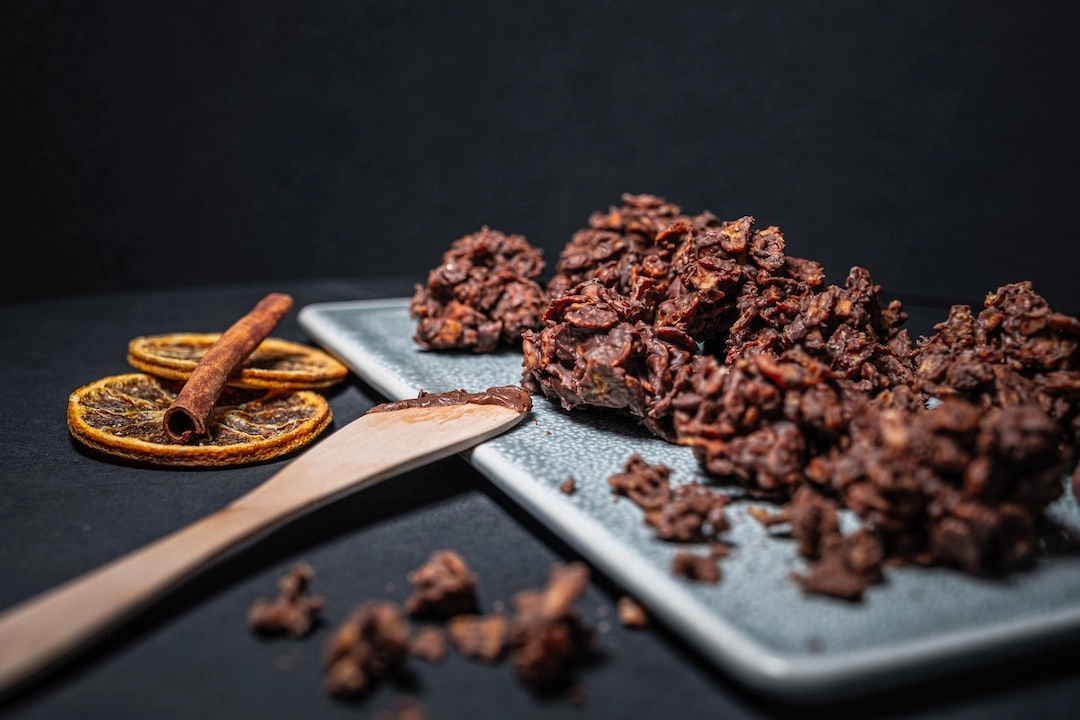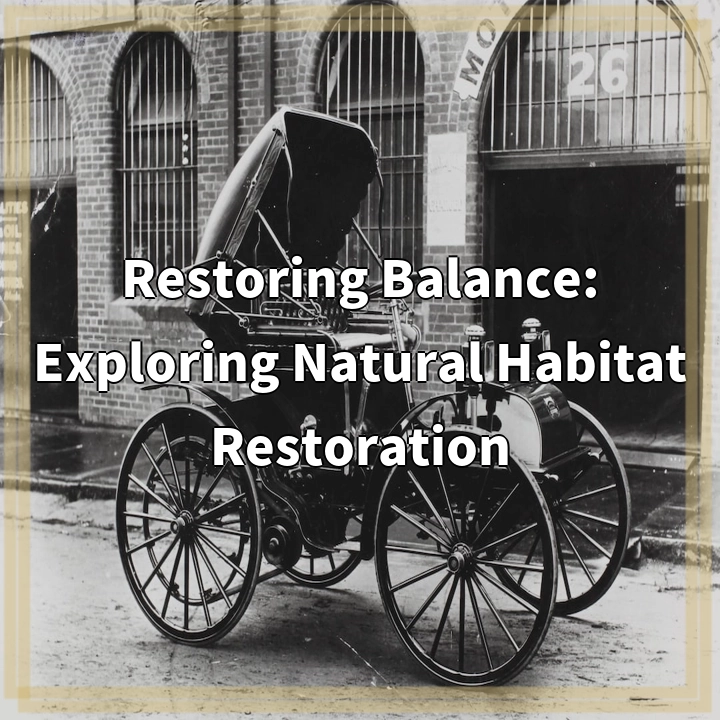
What is Sustainable Techniques in Gourmet Chocolate Making?
Sustainable techniques in gourmet chocolate making refer to the practices and approaches used in crafting premium-quality chocolates while minimizing negative environmental and social impacts. It involves adopting methods that promote environmental sustainability, support local communities, and prioritize ethical sourcing of ingredients.
Real-World Problems Associated with Gourmet Chocolate Making
1. Deforestation: The production of chocolate often involves the cultivation of cacao trees in tropical regions. However, this can lead to deforestation and habitat destruction, as farmers clear land for cacao plantations. This loss of forests not only contributes to climate change but also threatens the biodiversity of these delicate ecosystems.
2. Chemical Usage: Conventional chocolate production may involve the use of harmful pesticides, herbicides, and synthetic fertilizers. These chemicals can have detrimental effects on the environment, contaminating soils and water sources, and posing risks to agricultural workers and local communities.
3. Social Injustice: Many chocolate-producing regions often face social issues such as low wages, child labor, and exploitation of farmers. Unfair trade practices and lack of transparency in the supply chain contribute to these problems. It is essential to address these social injustices and ensure a fair and equitable chocolate industry.
By addressing these real-world problems through sustainable techniques, gourmet chocolate makers can play a crucial role in promoting environmental stewardship, supporting sustainable livelihoods, and fostering ethical practices throughout the chocolate supply chain.

Solutions for Sustainable Techniques in Gourmet Chocolate Making
1. Agroforestry and Reforestation: Implementing agroforestry practices, which involve growing cacao alongside other shade trees, can help restore and preserve the natural habitats of chocolate-producing regions. Reforestation efforts can also be undertaken to replenish the forests that have been cleared for cacao plantations.
2. Organic and Regenerative Farming: Embracing organic and regenerative farming methods can reduce the use of harmful chemicals and promote healthy soil ecosystems. This involves avoiding synthetic inputs and adopting practices like composting, crop rotation, and natural pest control methods.
3. Fair Trade and Ethical Sourcing: Engaging in fair trade practices and ensuring transparency in the supply chain can help address social injustices associated with chocolate production. This includes paying farmers fair prices for their harvest, promoting safe working conditions, and eliminating child labor.
4. Supporting Local Communities: Gourmet chocolate makers can actively support local communities by sourcing ingredients locally, partnering with cooperatives, and investing in community development projects. This empowers farmers and helps create long-term, sustainable livelihoods.
By adopting these solutions, gourmet chocolate makers can promote sustainable techniques that protect the environment, ensure a fair and ethical chocolate industry, and contribute positively to the communities and ecosystems involved in the process.















